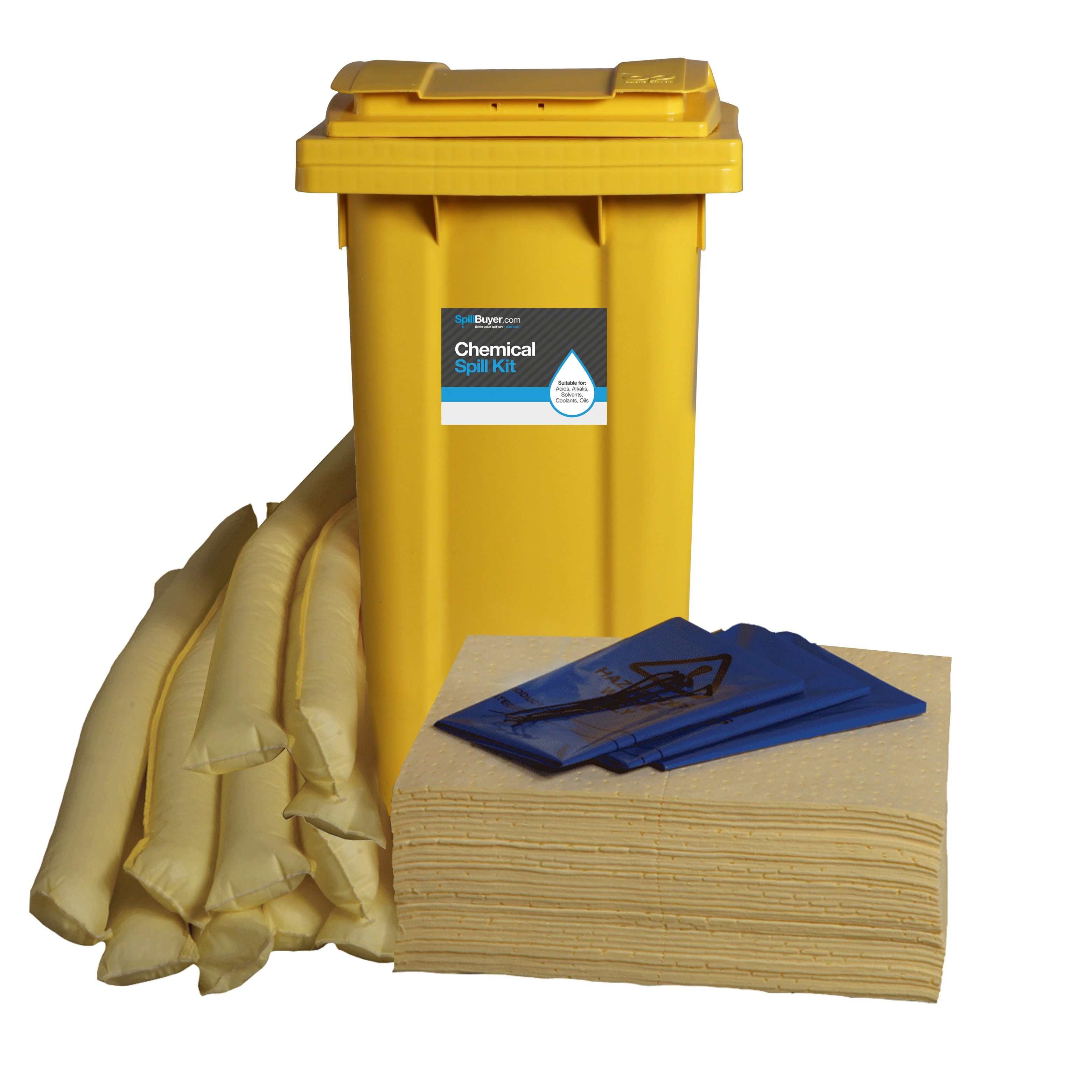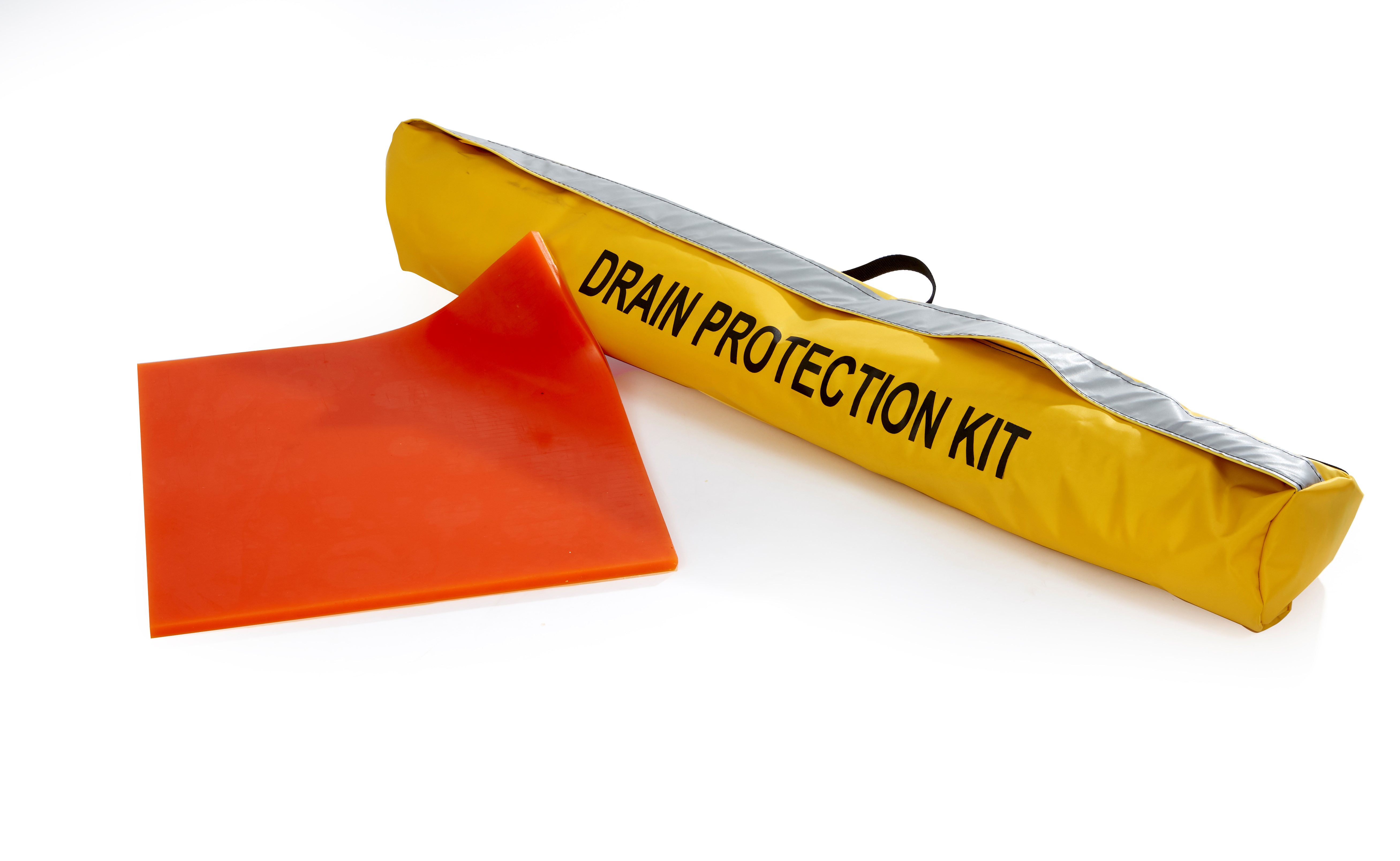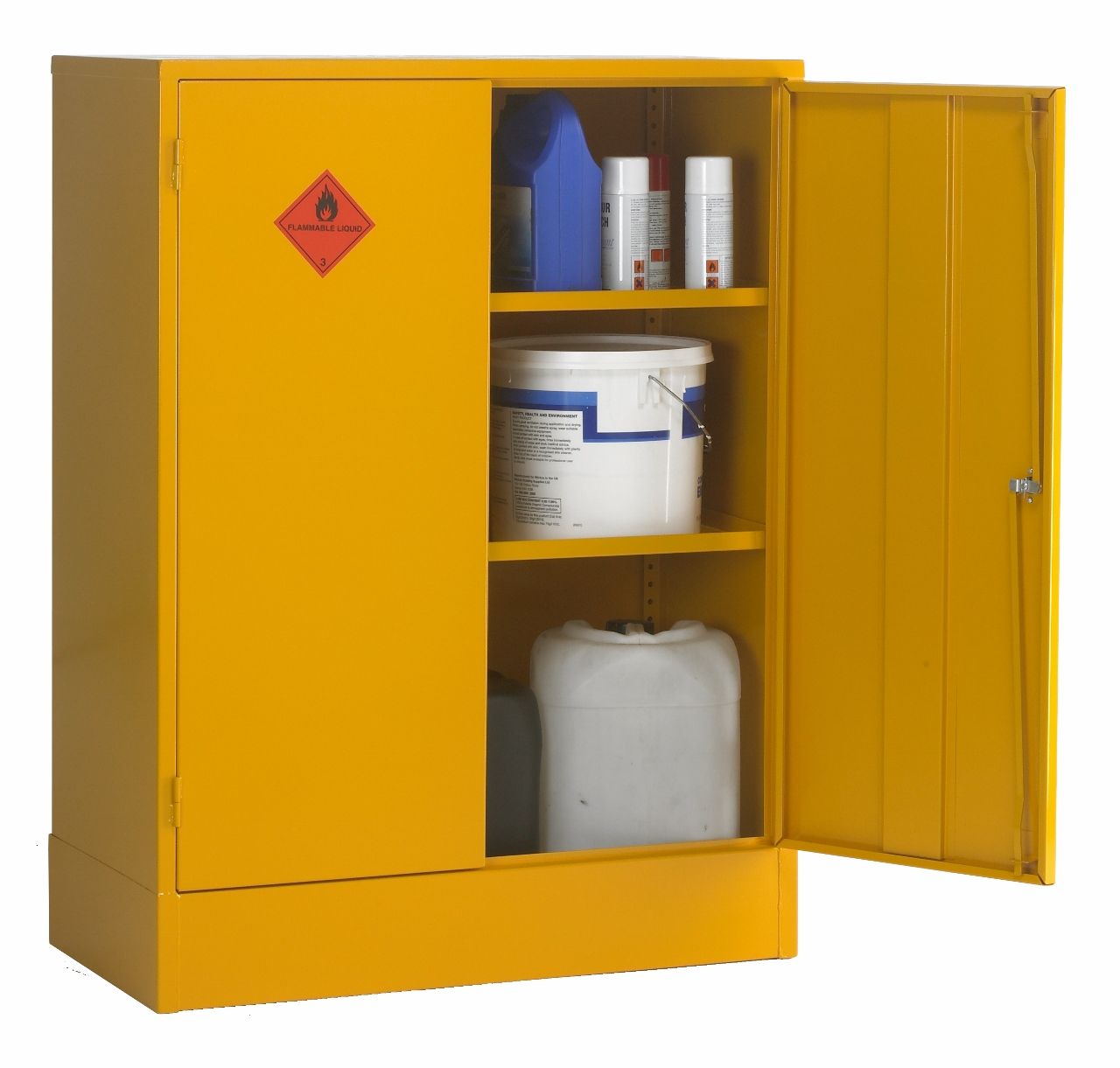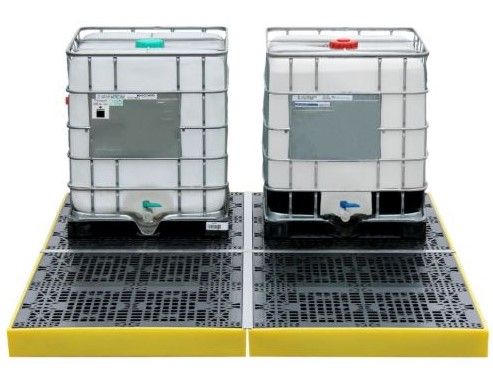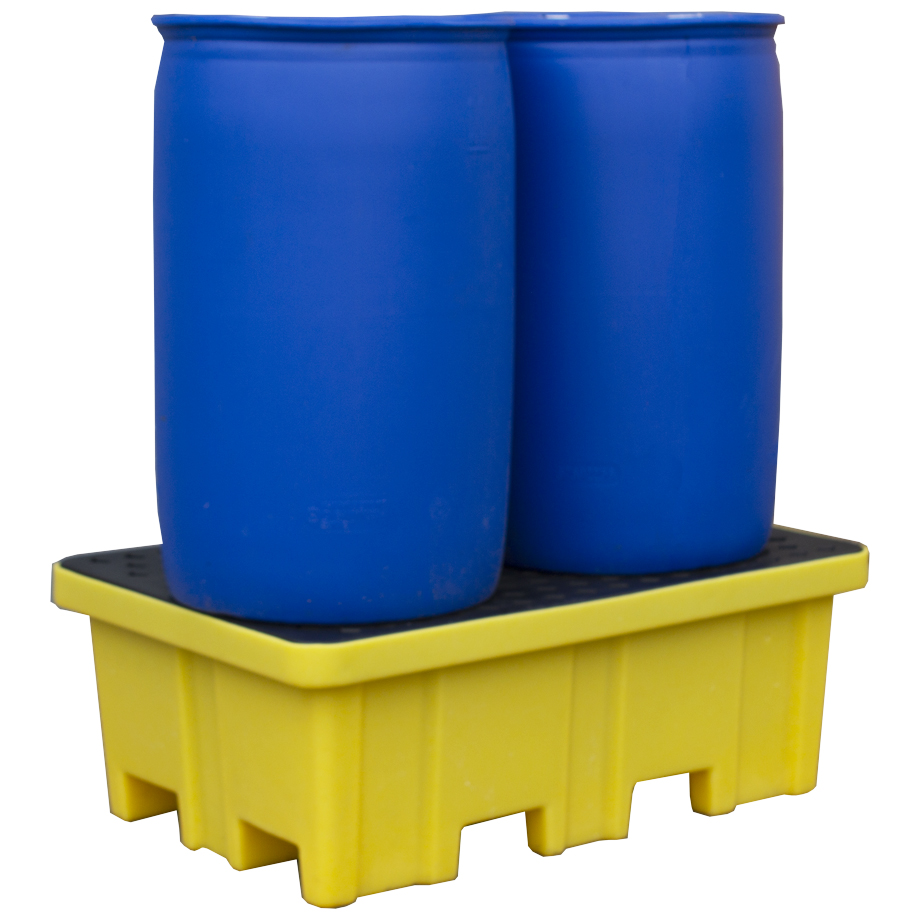As a facility manager, one of your key responsibilities is ensuring the proper treatment, storage, and disposal of hazardous waste. This task is not just vital for the safety of your workforce and the environment, but is also a requirement under COSHH. In this article, we will guide you through the key regulations governing hazardous waste and provide practical, easy-to-understand compliance advice.
Understanding Hazardous Waste
Hazardous waste, as defined by UK law, is any waste that poses a potential or substantial threat to public health or the environment. This can include anything from industrial by-products to certain types of household waste. It is crucial to identify the type of hazardous waste your facility produces to comply with the specific rules governing its management.
Regulatory Framework Governing Hazardous Waste Management
The UK has several key regulations and governing bodies in place to control hazardous waste management. One of the most important is the Control of Substances Hazardous to Health (COSHH) regulations, which dictate the control measures businesses must undertake to protect their employees.
The Hazardous Waste Regulations 2005 and the Environmental Protection Act 1990 also outline comprehensive rules regarding hazardous waste, from its production to its disposal. Furthermore, the Waste (England and Wales) Regulations 2011 introduce the need for applying the waste hierarchy in managing waste.
Treatment of Hazardous Waste: Key Compliance Requirements
Different hazardous wastes require specific treatment methods, as outlined in UK regulations. Understanding these methods and the principle of pre-treatment – which aims to reduce the hazardous properties of waste – is vital. Failure to comply with these regulations can lead to severe penalties.
Storage of Hazardous Waste
For hazardous waste storage, COSHH cabinets play a crucial role. These hazardous substance cabinets must meet certain specifications to guarantee safety. It's also necessary to have appropriate containment measures in place, conduct regular inspections and maintenance, and ensure that safety procedures are strictly followed.
Disposal of Hazardous Waste
Disposal of hazardous waste must be carried out according to detailed UK regulations. A crucial part of this process is employing licensed waste carriers to transport and dispose of the waste. Additionally, keeping records through consignment notes is a legal requirement.
The Role of Facility Managers in Ensuring Compliance
A facility manager bears the responsibility for complying with hazardous waste regulations. Ensuring ongoing staff training, implementing a culture of safety, and maintaining open communication lines about compliance issues are crucial.
Non-compliance with hazardous waste regulations can lead to severe penalties, including hefty fines and imprisonment. Real-life cases demonstrate the seriousness of these outcomes, underscoring the importance of strict adherence to the law.
Regulatory compliance in hazardous waste management is a complex but vital aspect of facility management. The safety of your workforce, your business's reputation, and the protection of the environment all hinge on your adherence to these regulations.
To learn more, consider resources like the Health and Safety Executive's COSHH guidance and the Environment Agency's guidance on waste. Staying updated with these can help you maintain best practices and comply with the latest legislation. Professional development and training for facility managers can also prove invaluable in navigating this challenging area.
By staying informed and diligent, facility managers can protect their organisations, employees, and the environment.
 Over 12,000
Over 12,000  Simple no quibble
Simple no quibble  Prompt dispatch &
Prompt dispatch &  UK Mainland Delivery
UK Mainland Delivery 





